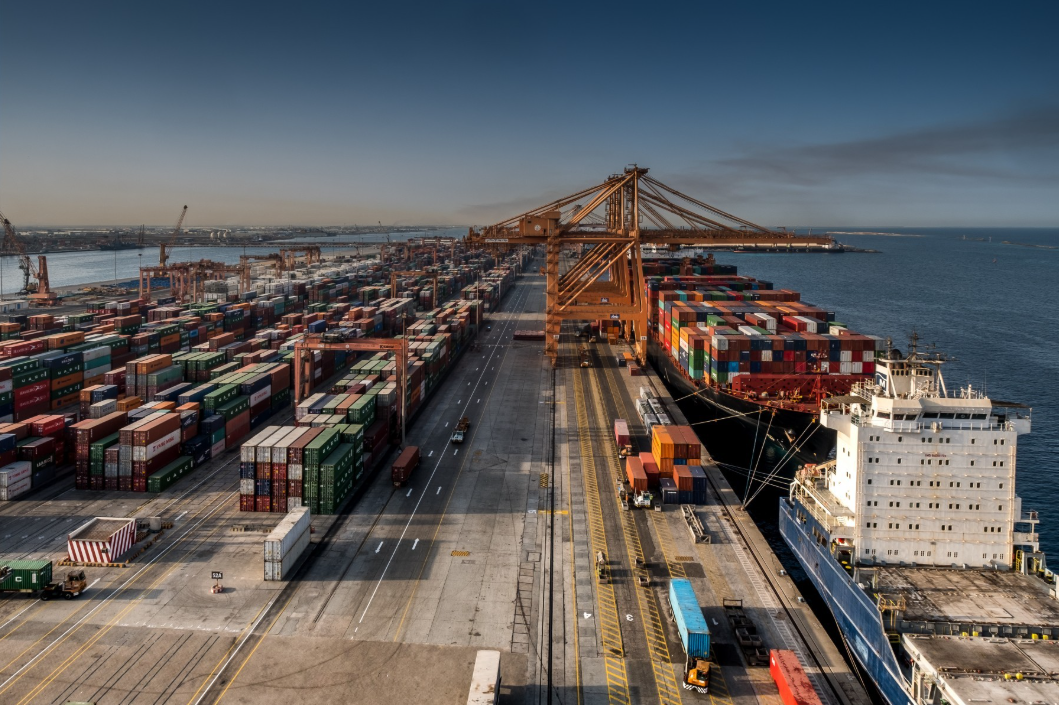Where exactly is Saudi's logistics system getting stuck?
"Cargo stuck at Jeddah Port for 21 days, warehousing fees soaring by 220%," "Vaccines worth millions rendered inactive due to heat," "35% of parcels redelivered due to vague addresses"—these striking scenarios reflect the real pain points in Saudi logistics.

Cold Chain Dilemmas Under High Temperatures
Saudi's dry climate and extreme heat present serious challenges for temperature-controlled logistics, especially with the rising demand for pharmaceutical cold chains. Healthcare spending in GCC countries is expected to reach USD 135.5 billion by 2027, with Saudi Arabia accounting for nearly 80% of that.
Yet, the country lacks modern cold chain infrastructure. Pharmaceutical delivery requires consistent temperature control along the entire route, and the complex nature of "small-batch, high-frequency" shipments adds difficulty. Traditional logistics providers struggle to guarantee the integrity of sensitive goods like biologics, which can lose effectiveness with any temperature fluctuation.
Customs Clearance Challenges and Soaring Storage Costs
Saudi is recognized as one of the most difficult countries in the world for import customs clearance. Limited facilities at Riyadh Airport cause processing efficiency to plummet during peak seasons, and only ten companies hold courier customs clearance licenses.
Meanwhile, warehousing costs have become unmanageable: due to the Israel-Palestine conflict, Red Sea shipping capacity has dropped by 50%, increasing container dwell time at Jeddah Port from 7 to 21 days. Temporary storage rates have surged to $15/sqm/month—up 220% year-on-year. In Riyadh, core warehouse land rental has exceeded $25/sqm/month, a 300% jump from 2022.
Vague Addresses and Last-Mile Delivery Inefficiencies
Saudi consumers favor cash on delivery (COD), accounting for up to 90% of orders, but the incomplete address system severely hampers last-mile efficiency. The traditional solution is for drivers to call customers to confirm locations, which is time-consuming and invades privacy. In remote areas, navigation systems often fail entirely.
The Paradox of Localization and Technological Upgrades
Saudi enforces a "localization rate" policy requiring foreign companies to employ at least 30% local staff, which has pushed labor costs up by 45%. Over 60% of warehouses still rely on manual operations, with daily sorting efficiency less than one-third that of comparable warehouses in China. Labor costs have risen from 40% in 2023 to a projected 67% in 2025, creating a vicious cycle where "greater reliance on labor leads to higher costs."
Ontask Express has specialized in Saudi door to door one-stop services for 20 years.With overseas warehouses and self-managed Chinese delivery teams based in Jeddah and Riyadh, we offer e-commerce-friendly logistics without appointment requirements.


